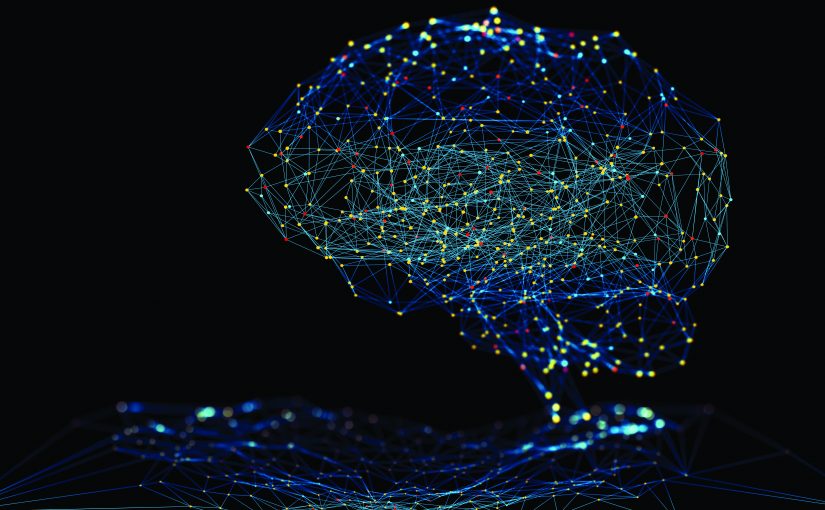
Artificial intelligence (AI) and machine learning are at the forefront of a technological revolution that affects virtually every facet of society. From the voice of Siri or Alexa to autonomous self-driving cars, machine learning is permeating into people’s daily lives and professions, including that of policing. The emergence of predictive policing as a crime prevention and crime interdiction strategy is illustrative of this trend. Although many police agencies around the world have implemented or plan to adopt predictive policing, this trend has not been without controversy, with critics and civil rights groups raising concerns over the use of big data, along with the challenges surrounding the analytics. These concerns include biases in the underlying data, the perceived “black box” functioning of the model, and the way the technology is applied within an organization. Due to these conflicting perspectives, predictive policing is a source of both optimism and concern for law enforcement and the public at large.


